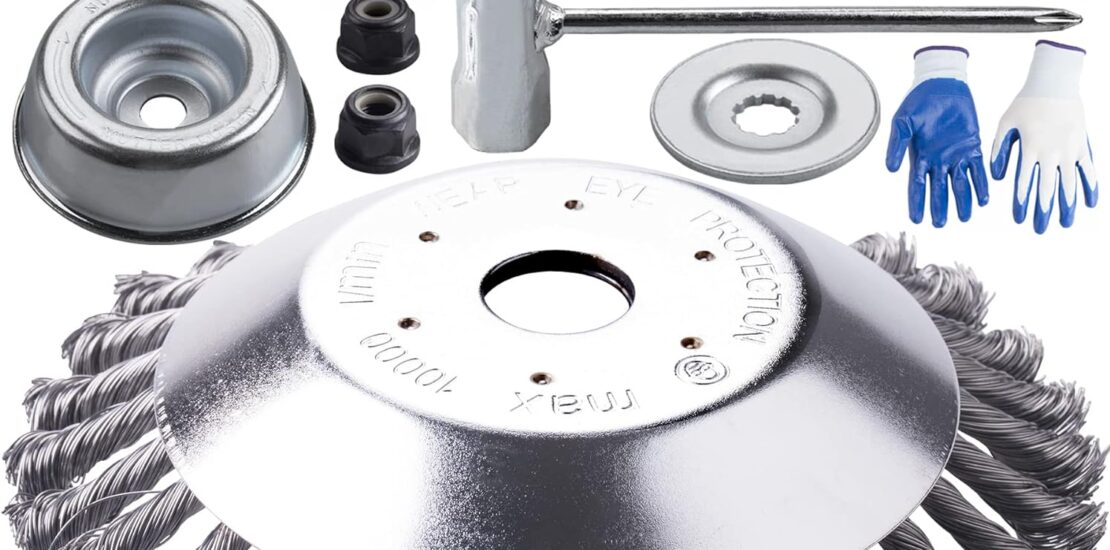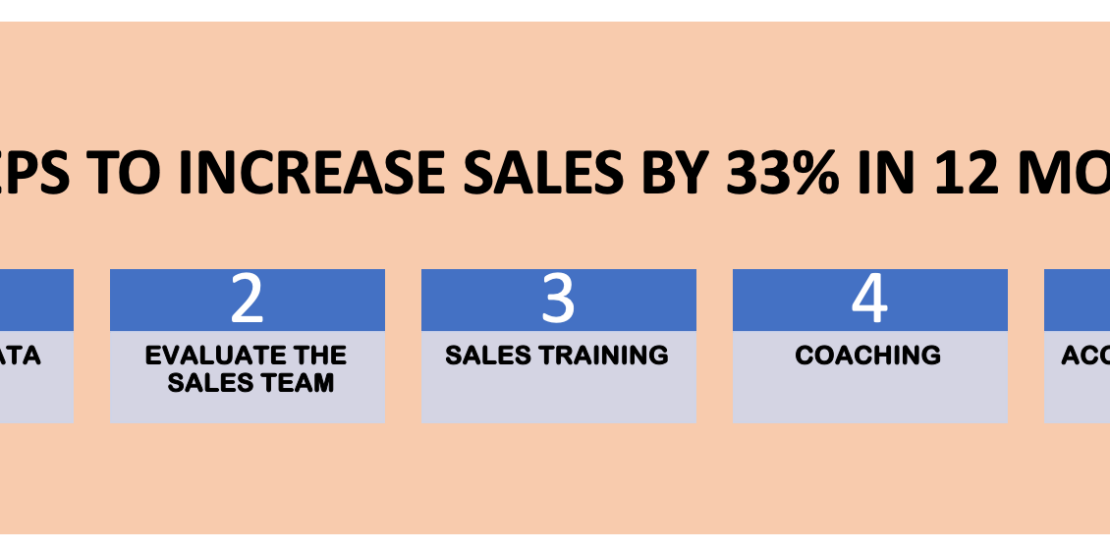omg
-
How to Identify Candidates Who Will Succeed in Your Sales Roles
- February 9, 2024
- Posted by: Dave Kurlan
- Category: Understanding the Sales Force

Suppose you have a project or task that you don’t particularly enjoy doing, but despite your lackluster feeling, must complete it. Do you seek out the most efficient way to complete the project or task, or default to the most inefficient way to complete it?
Let’s take recruiting, selecting and hiring salespeople. For HR, that’s part of their job. Despite how important new salespeople are to the future of a company, Sales Leadership attempts to get recruiting over with as quickly as possible, often prioritizing speed to hire over cost to hire, talent and capabilities. Why? They aren’t using the most efficient process and tools to hire the best salespeople.
I’m hiring a salesperson for a client and using my time-tested process which we also train clients to use (so that WE DON’T have to recruit!). My experience shows that 10% of the candidates will be viable but, of more importance, how do we know which 10% to focus on? The stats for the first week were:
-
Why Top and Bottom Salespeople Have the Same Scores
- November 21, 2023
- Posted by: Dave Kurlan
- Category: Understanding the Sales Force

A question was brought to my attention about Objective Management Group (OMG) assessments. For context, OMG has assessed more than 2.4 million salespeople, their accuracy is legendary and they’ve earned their stripes for predictive validity as well. I was shown two sales candidate evaluations that at first glance had important findings that looked the same. Both individuals lacked Desire for Success in Sales and Commitment to Achieve Sales Success. The problem is that individual number one is their top salesperson and individual number two is their worst salesperson. The question I was asked was, “How can that be!”
-
Top 5 Keys to Hire Ideal Sales Candidates at Your Company
- September 11, 2023
- Posted by: Dave Kurlan
- Category: Understanding the Sales Force

There’s no time like the present to hire salespeople but your sales recruiting strategy must consider the ever changing ebb and flow of the candidate pool. This article explains the five keys to hiring ideal salespeople for your company and has lots of data to back it up.
-
Made Up Sales Statistics and Their Contrast to Real Data
- February 2, 2023
- Posted by: Dave Kurlan
- Category: Understanding the Sales Force

A sales consultant who knows that I geek out on sales data read that 84% of salespeople suck because they don’t enjoy what they do. A huge percentage of salespeople do actually suck but the actual number is closer to 75%. Is it really because they don’t enjoy selling?
-
Can a New Sales Manager Be a Difference Maker?
- November 9, 2022
- Posted by: Dave Kurlan
- Category: Understanding the Sales Force

I speak with so many sales leaders who tell me about the four sales managers they went through in the last two years. I speak with CEOs who tell me about the three sales VPs they went through in the last eighteen months.
There is tremendous pressure to fill these roles because your team’s performance will suffer without someone at the helm. Or is that misinformation? How much worse could a team perform than how they perform under a sucky sales manager?
-
New Data: Will Salespeople Hit Quota When Sales Managers Coach and Sell?
- November 7, 2022
- Posted by: Dave Kurlan
- Category: Understanding the Sales Force

Instead of spending their time on coaching, sales managers are spending too much of their time on personal sales. Sales managers with fewer than 5 salespeople may be required to carry a quota but generally speaking, sales managers are expected to spend no more than 5% of their time selling. OMG’s data shows that the percentage of time that sales managers sell is closer to 13%.
Why do they sell instead of having more coaching conversations? There are several reasons:
-
The Bob Chronicles – The Difference Between Selling Skills and Effectiveness
- October 12, 2022
- Posted by: Dave Kurlan
- Category: Understanding the Sales Force

Today a client asked me to explain the difference between skills and effectiveness. You won’t find the answer by doing a Google search as that search turns up exactly nothing on the subject. This article will discuss the similarity between symptoms/causes and skills/effectiveness. Do you remember Bob, the subject of many articles and my favorite weak salesperson to write about?
Bob strikes again!
I’ve written 10 articles about Bob and everyone says that the Bob series is their favorite.
-
Not The Top 20 Attributes of Successful Salespeople
- August 1, 2022
- Posted by: Dave Kurlan
- Category: Understanding the Sales Force

The article was 100% junk science and to use the word science would be a disservice to the word junk. Below, you’ll find five reasons why this article was so wrong, so bad, so misleading, so pitiful, and just plain stupid:
-
5 Steps to Grow Sales by 33% in 12 Months
- May 11, 2022
- Posted by: Dave Kurlan
- Category: Understanding the Sales Force

Sales teams go through periods like this too but sales leaders rarely seek out the data that would immediately point to the real problem. They tend to hope things will improve and go from there. However, there are several levels of data to be reviewed so let’s take a look.
As the article title suggests, there are five steps you must take to grow sales by 33% in 12 months. You can’t pick and choose as all five are required.
-
The Difference Between CyberThieves, Hackers and Most Salespeople
- February 10, 2022
- Posted by: Dave Kurlan
- Category: Understanding the Sales Force

On the one hand, I am shocked and chagrinned that the insurance company would use salespeople as a reference point for hackers. You could not possibly understand the degree to which It bothers me.
On the other hand, you and I both know that if salespeople worked as methodically, consistently, aggressively, effectively, and efficiently as the hackers do, we would double our revenue.

